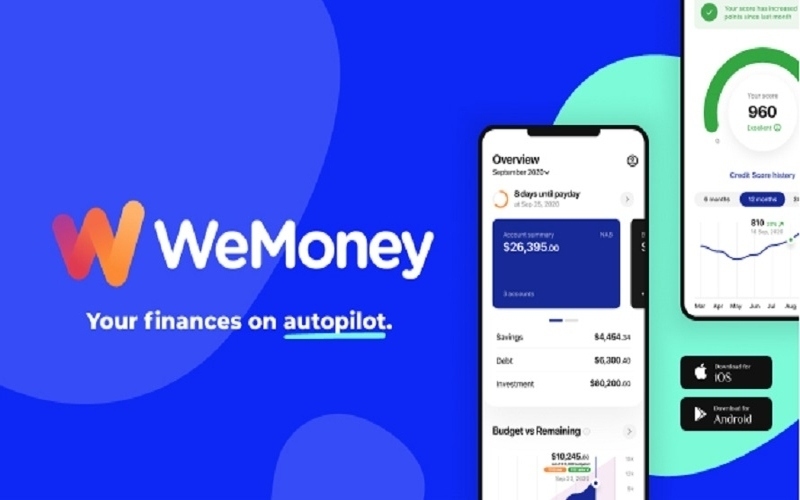That's according to illion's general manager of consumer product Richard Atkinson.
"Today we’re six months into CDR, with all of the data from the big four [banks] available," he told Savings.com.au.
"Unless organisations are able to access the data, there will be no consumer benefit."
Need somewhere to store cash and earn interest? The table below features savings accounts with some of the highest interest rates on the market.

- Bonus rate for the first 4 months from account opening
- No account keeping fees
- No minimum balance
Open banking, or CDR, allows financial institutions to access customers' data, enabling quicker application processes for products like home loans, as well as for new apps to deliver unique budgeting and savings insights.
But according to Mr Atkinson, the current CDR framework to become an accredited recipient imposes high costs.
"In illion’s experience, the current model imposes a significant cost on an organisation to achieve accreditation," he said.
"What kind of organisations could create innovative solutions for consumers? Financial planners, accountants, brokers - none of these are able to currently do it in a cost-effective manner."
In just six months, there have been only six data recipients granted accreditation: Ezidox, Frollo, Intuit, Regional Australia Bank, and two illion brands.
See Also: Five Things You Could Do With Open Banking
Mr Atkinson also said Australia should learn from the United Kingdom when it comes to blunders in open banking.
"We know from the introduction of the UK’s open banking model that regulation was a big problem. The UK’s open banking system has been operational for two years now but the legislation and rules haven’t provided a good foundation for it to be really successful," he said.
"Open banking was meant to revolutionise the banking sector over there [in the United Kingdom], but three years on, the potential has clearly yet to be realised."
The nitty gritty of CDR
Illion's commentary comes after the consumer watchdog, the ACCC, proposed further changes to open banking in its third round of feedback. The three key areas covered include:
- Increased consumer benefit
- Introduction of new accreditation levels
- Greater choices for consumers about who they share their data with
The ACCC has so far only addressed the first area, and the delay means players other than the big four banks might not be able to compete in a meaningful way until 2022, according to Mr Atkinson.
"The goal of the CDR is to give customers a right to direct that their data be shared with others they trust, so that they can benefit from its value," he said.
"To achieve this outcome, the rules framework must balance security and cost of accreditation against facilitated data sharing."
One of the proposals made by the Government's Inquiry into 'Future Directions for the Consumer Data Right' proposed a tiered accreditation system, which would enable a faster onboarding process.
The ACCC's latest amendments fail to meet these recommendations, according to Mr Atkinson.
"We are now only six months away from all ADIs [banks] having to expose transactional data to the CDR, however the current rules still have a single model for accreditation of organisations to receive CDR data," he said.
Photo by Duncan Meyer on Unsplash








 Denise Raward
Denise Raward


 William Jolly
William Jolly
 Harrison Astbury
Harrison Astbury